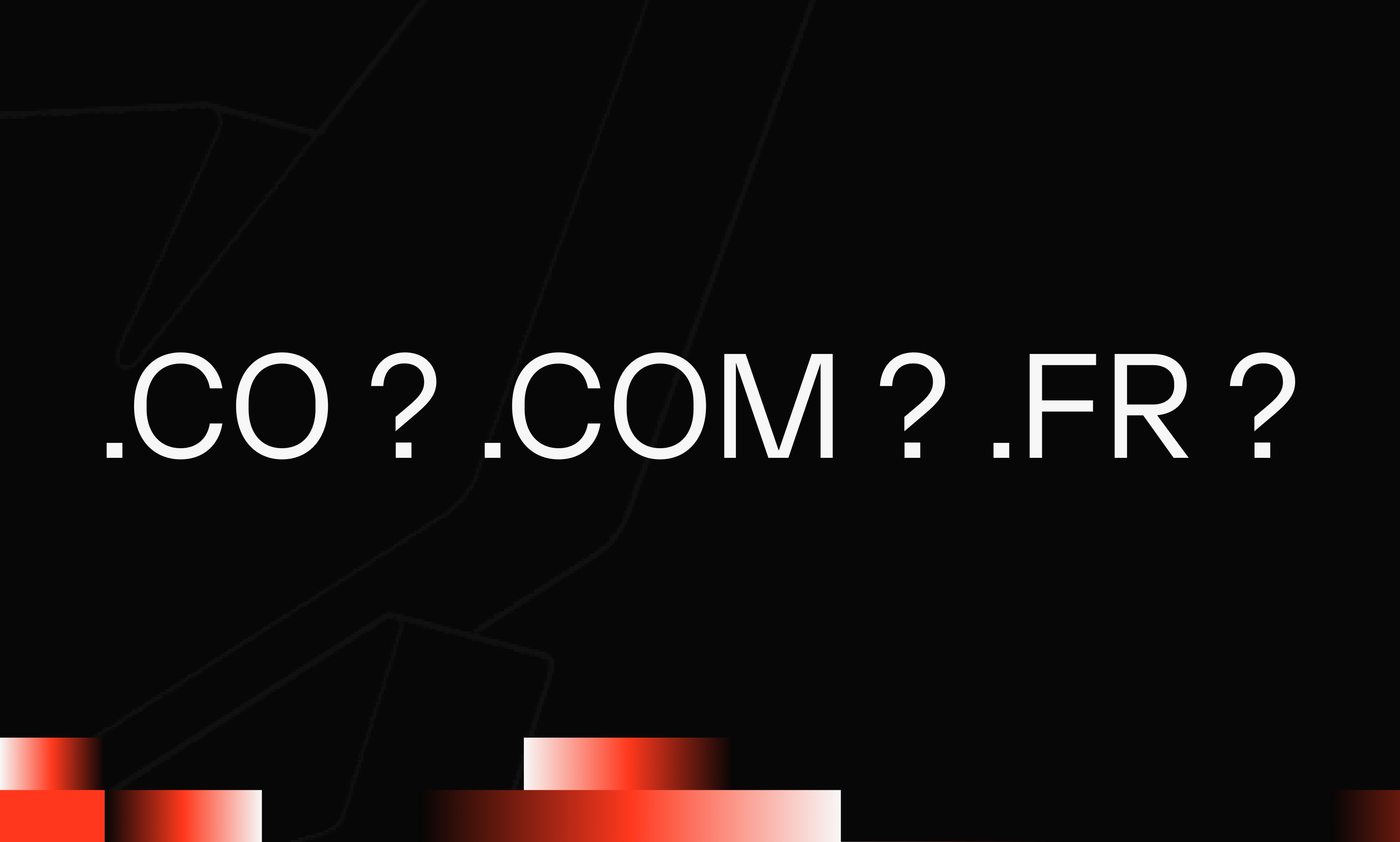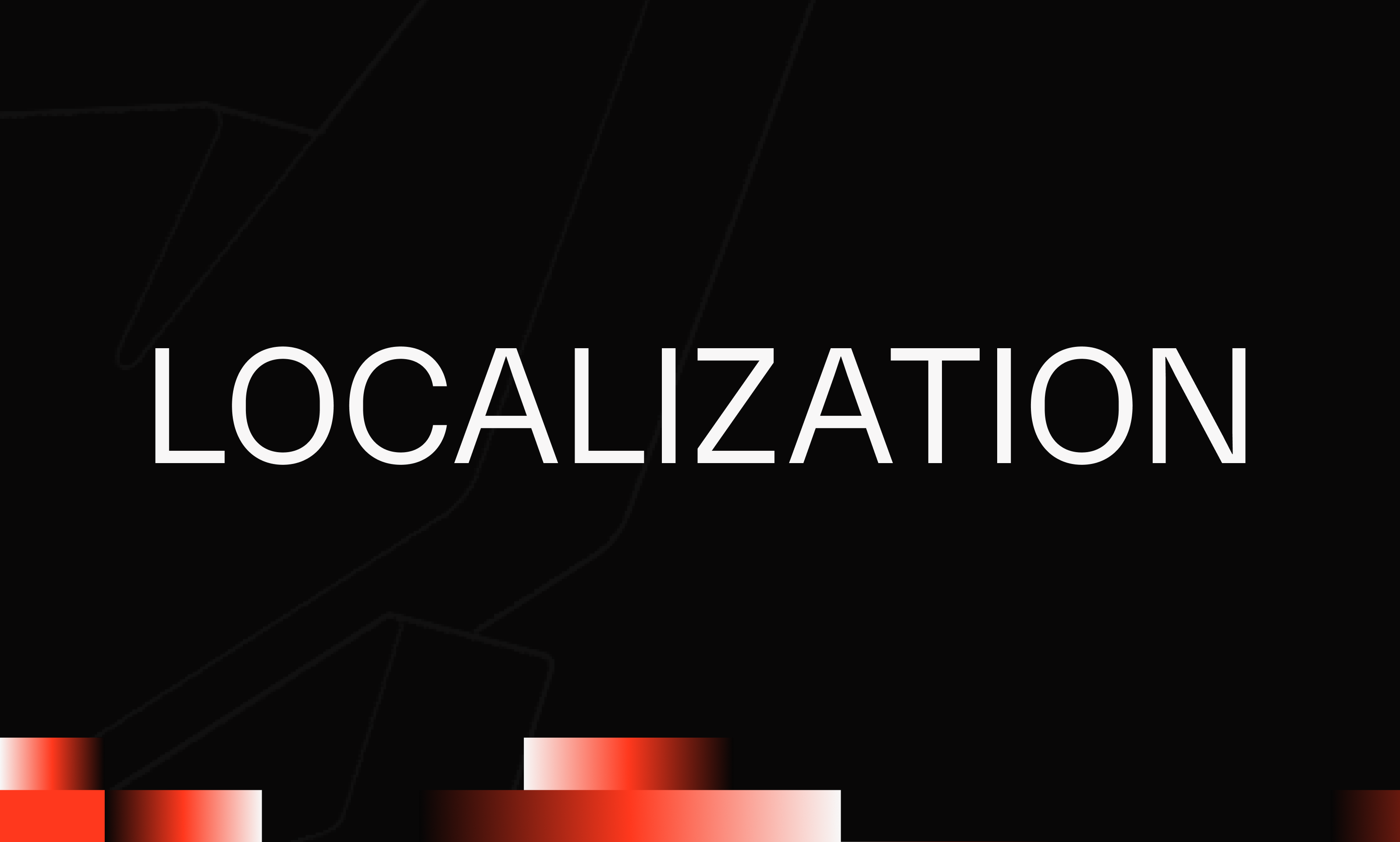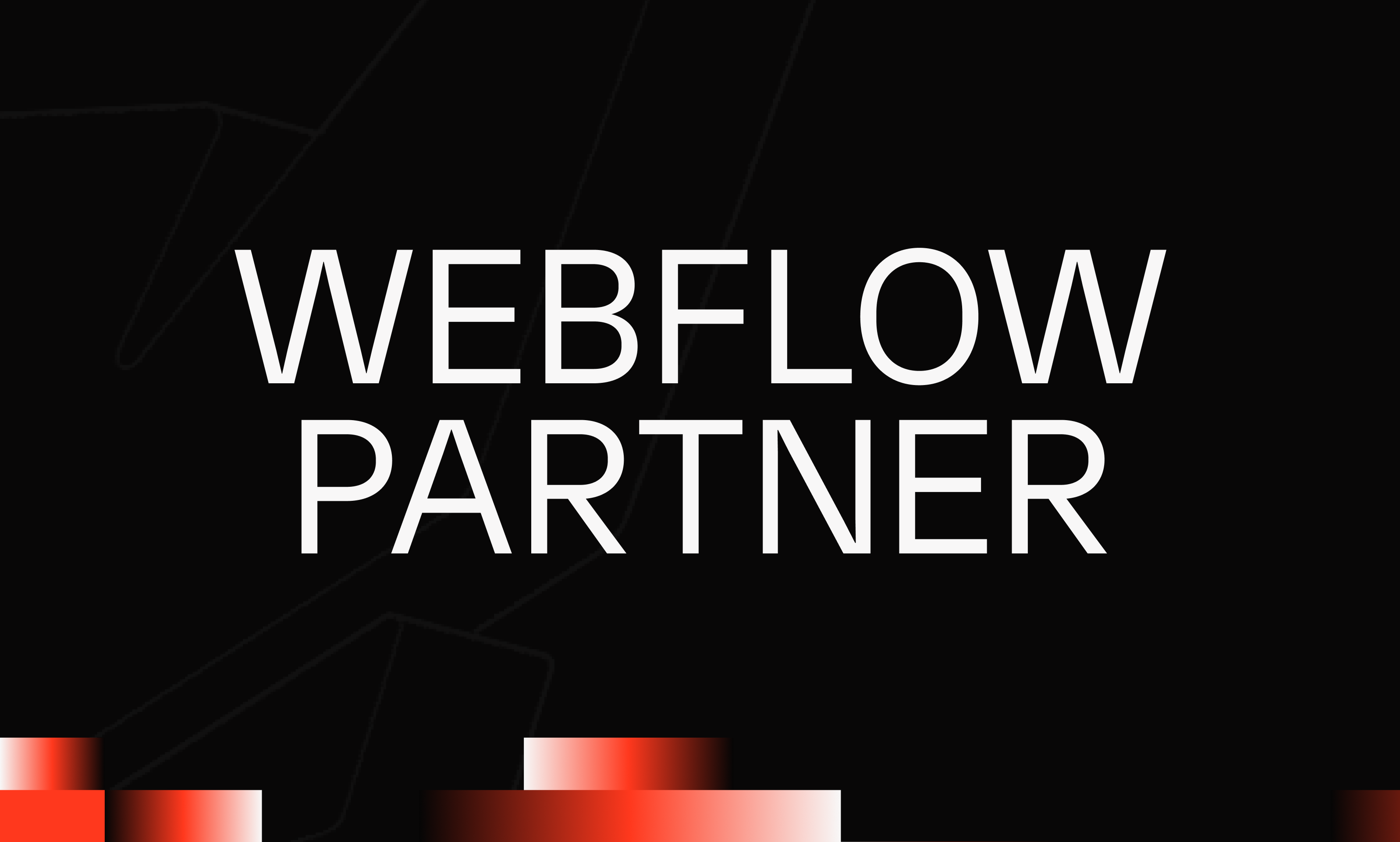Depuis la création de Webflow, ses utilisateurs ont aspiré à une intégration simplifiée de leurs outils quotidiens directement dans l'interface de conception. Cette attente a été comblée : Webflow Apps est désormais officiellement disponible, marquant une étape significative dans l'évolution du design web.
Introduction aux Webflow Apps
Webflow, l'un des leaders incontestés dans le monde du design web, a toujours suivi une démarche d'innovation continue pour répondre aux besoins croissants de ses utilisateurs. Le lancement de Webflow Apps témoigne de cette ambition.
La plateforme Webflow a longtemps été saluée pour sa facilité d'utilisation, sa flexibilité, et sa capacité à rendre le design web accessible à tous, professionnels comme débutants. Cependant, comme toute plateforme, elle avait ses limites. L'une des principales demandes de sa communauté d'utilisateurs a toujours été la capacité d'intégrer facilement et de manière transparente des outils tiers dans leurs projets. Ces outils, tels qu'Hubspot pour le marketing, Unsplash pour la gestion d'images, ou encore Slater pour le custom code, ont le potentiel de rendre un site Webflow non seulement esthétiquement agréable, mais aussi puissant en termes de fonctionnalités.
Webflow Apps arrive donc comme une réponse à cette demande. À l'image des plugins WordPress, ces "Apps" permettent une intégration fluide des outils tiers, directement depuis l'interface de Webflow. La comparaison avec WordPress est particulièrement pertinente : si WordPress a su s'imposer comme le leader des CMS grâce à son écosystème de plugins, Webflow cherche à emprunter la même voie, mais avec sa propre touche d'innovation et de modernité.
Les concepteurs peuvent désormais non seulement créer des sites visuellement stupéfiants, mais aussi les doter de fonctionnalités avancées sans avoir besoin de compétences en codage approfondies. La promesse est donc double : une augmentation de la puissance et des capacités des sites Webflow, et une flexibilité accrue pour les designers.
Comment fonctionne l'intégration des Apps dans Webflow ?
Sur votre interface Webflow, un nouvel onglet, nommé "Apps", est maintenant disponible sur la barre verticale de gauche. Cet onglet ouvre un monde d'opportunités :
- Recherchez et choisissez parmi une multitude d'applications dans une bibliothèque semblable à l'Apple Store.
- Sélectionnez des applications comme Hubspot, cliquez sur "add to site" et définissez le site concerné.
- Autorisez l'app, et retrouvez-la directement dans l'onglet apps de votre projet.
- Utilisez les applications, comme Make Hubspot, Unsplash ou Memberstack, pour enrichir votre site directement depuis le designer de Webflow.
{{banner}}
Webflow Développeur : Une opportunité pour les créateurs
Webflow Développeur est une opportunité pour les créateurs de développer des applications spécifiquement pour la plateforme Webflow. Les développeurs peuvent créer des applications et des produits pour la communauté croissante de 3,5 millions d'utilisateurs de Webflow. Les API de Webflow permettent de construire des applications sur des fonctionnalités clés telles que le CMS, les utilisateurs et le commerce électronique
Après avoir préparé votre produit, vous pouvez le soumettre à l'équipe Webflow pour évaluation. Si votre application est approuvée, elle pourrait être mise à disposition de la vaste communauté Webflow sur le Webflow App Store. La documentation complète est disponible sur le site de Webflow.
Le Webflow App Store propose diverses applications pour améliorer les sites Webflow, notamment Jetboost, Xano, Nocodelytics, Monto, Whalesync, PowerImporter et Smartarget.
Conclusion et perspectives pour l'écosystème Webflow
L'avènement de Webflow Apps sonne comme une révolution dans le domaine du design web. En permettant à ses utilisateurs d'intégrer facilement leurs outils préférés, Webflow va plus loin que de simplement répondre à une demande pressante. Il redéfinit ce qu'est une plateforme de design web.
Webflow est plus qu'un simple outil de conception. C'est un écosystème complet qui permet aux designers, développeurs et marketeurs de collaborer efficacement pour créer des sites web robustes, esthétiques et fonctionnels.
Le volet "Webflow Développeur" ouvre de nouveaux horizons, non seulement pour la plateforme elle-même, mais aussi pour la vaste communauté de créateurs qui voient désormais en Webflow une terre fertile pour l'innovation. En mettant l'accent sur l'ouverture et la collaboration, Webflow ne cesse de consolider sa position de leader dans le paysage du design web.
Dans les années à venir, on peut s'attendre à voir une explosion de nouvelles applications et fonctionnalités émanant de cette dynamique symbiotique entre Webflow et sa communauté. Le design web est en pleine évolution, et grâce à des initiatives telles que Webflow Apps, il est clair que les possibilités sont infinies. Pour les passionnés de web design et de développement, l'avenir semble radieux et riche en opportunités.



